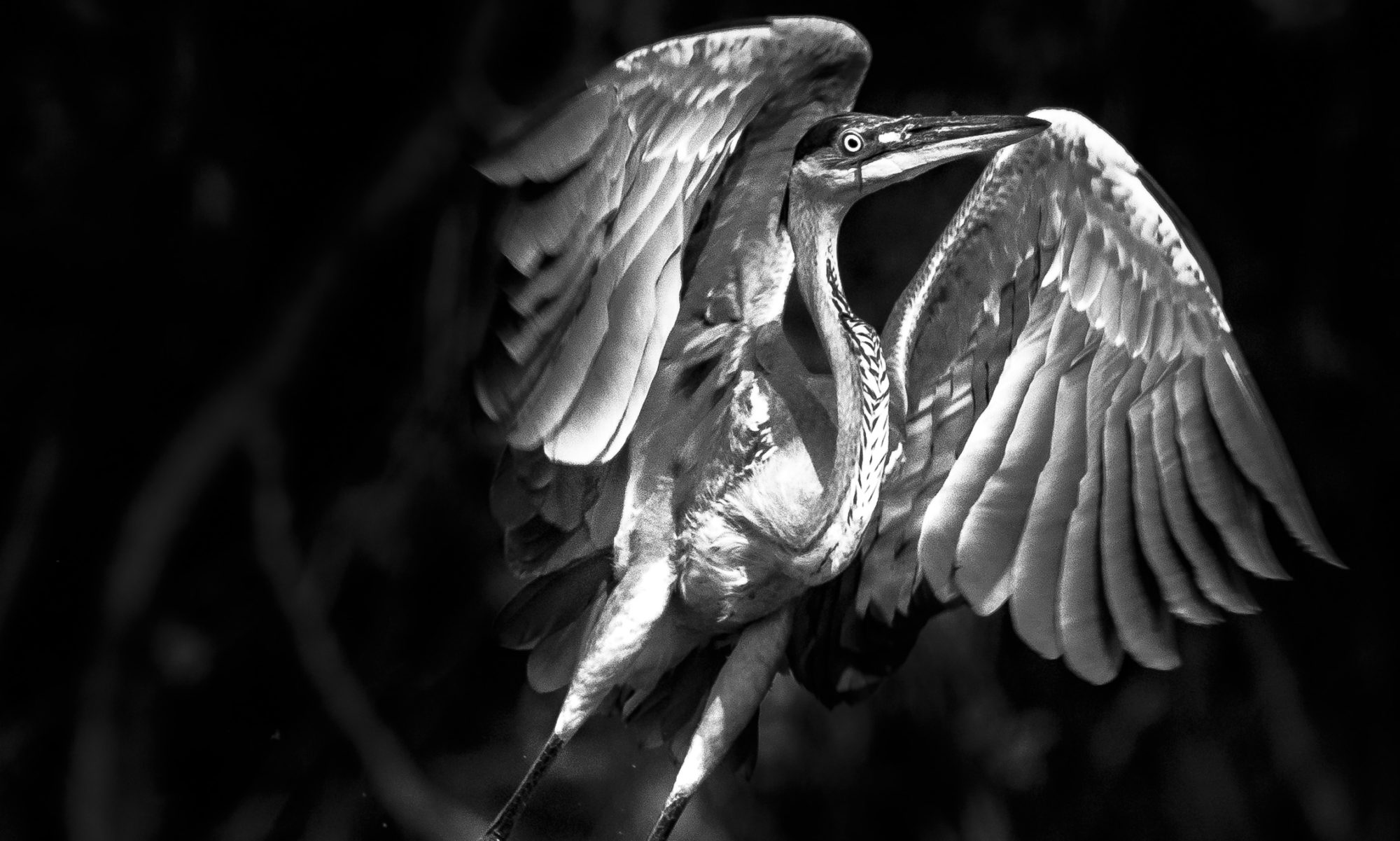AMAZONIAN LEAPFROGGING
Long-term Vision for Safeguarding the Amazon for Brazil and the Planet
An International Conference | October 17-18, 2019
399 Julis Romo Rabinowitz Building, Princeton University
The Amazon is the world’s largest and most diverse tropical forest and the ancestral home of over one million indigenous peoples. Brazil contains about sixty percent of the rainforest. Threatened by deforestation and fires, the Brazilian Amazon is a massive carbon sink that is fast approaching a tipping point. Further degradation will have disastrous consequences for forest peoples, biodiversity, rainfall and agriculture, and global climate change.
PIIRS’ Brazil LAB, together with the Princeton Environmental Institute, is organizing the timely international conference AMAZONIAN LEAPFROGGING at Princeton University on October 17-18, 2019. The conference gathers a distinguished group of scientists, environmental and indigenous leaders, policy experts, artists, business innovators and social entrepreneurs to focus on a long-term vision for safeguarding the Amazon for Brazil and the planet. This critical event is part of a continuing collaboration between Princeton scholars and multiple Brazilian stakeholders committed to a vision of a thriving Amazonia and it will be widely publicized.
Princeton faculty have been working closely with Brazilian experts, such as Beto Veríssimo (Imazon) and Tasso Azevedo (MapBiomas), to model the importance of a sustainable Amazonia. For example, Stephen Pacala is developing, together with Elena Shevliakova (Geophysical Fluid Dynamics Laboratory), the climate modelling exercise ‘A World without the Amazon?,’ and Robert Socolow and João Biehl have identified lessons from Brazil’s recent history of large-scale innovation in the fields of energy, indigenous rights and conservation, economic planning and health policy that can become the basis from which we can envision a prosperous future for the Amazon. The concept of “Amazonian Leapfrogging” is inspired by the visionary work of the Brazilian scientist and policy-maker José Goldemberg, who explored the country’s capacities for technological leapfrogging.
The first day of AMAZONIAN LEAPFROGGING is open to public (October 17, 2:00-6:00 pm). Stephen Kotkin, Michael Celia and João Biehl will offer introductory remarks and the Brazilian filmmaker Estevão Ciavatta will show and discuss his short documentary film Amazonia: The Last Frontier. The film screening will be followed by commentaries from the indigenous leader Juarez Munduruku and Beto Veríssimo (Imazon) on the calamitous situation of the Brazilian Amazon today and a presentation by Tasso Azevedo (MapBiomas) on the latest deforestation data and the impact of out-of-control fire in the region. This main public event will conclude with a robust engagement of the audience with the global climate modelling exercise that Pacala and Shevliakova are developing—‘A World without the Amazon?’ Discussants include the Brazilian climate scientist Paulo Artaxo (USP) and the environmental scientist and policy-maker Izabella Teixeira (Co-chair of the International Resource Panel and former Minister of the Environment of Brazil).
On Friday, October 18, AMAZONIAN LEAPFROGGING will follow the Chatham House Rule and give invited participants ample opportunity to engage in dialogue about emergent visions to safeguard the Amazon. The day’s first session ‘Leapfrogging Knowhow and Brazilian Lessons for the Amazon’ will feature presentations by Robert Socolow, Almir Suruí (indigenous leader), Juliano Assunção (PUC-Rio & Climate Policy Initiative), and Daniel Azeredo (Brazilian Public Ministry). The second session ‘Amazonian Leapfrogging | Emergent Visions I’ will focus on Amazonian environmental services and public mobilization, and will feature presentations by Marina Silva (Environmentalist & former Minister of the Environment of Brazil), Stephan Schwartzman (Environmental Defense Fund), and Per Pharo (Norway’s International Climate and Forest Initiative). The third session ‘Amazonian Leapfrogging | Emergent Visions II’ will focus on technological innovation, bio-economy, and corporate responsibility. Presenters include the scientist Carlos Nobre (USP), Guilherme Leal (Co-chairman of Natura), Marcello Brito (President of Brazilian Agribusiness Association), and Alessandra Orofino (social media activist and non-profit Nossas). Princeton professors Michael Oppenheimer and Jennifer Widner, among others, will moderate the sessions and participate as key discussants.
